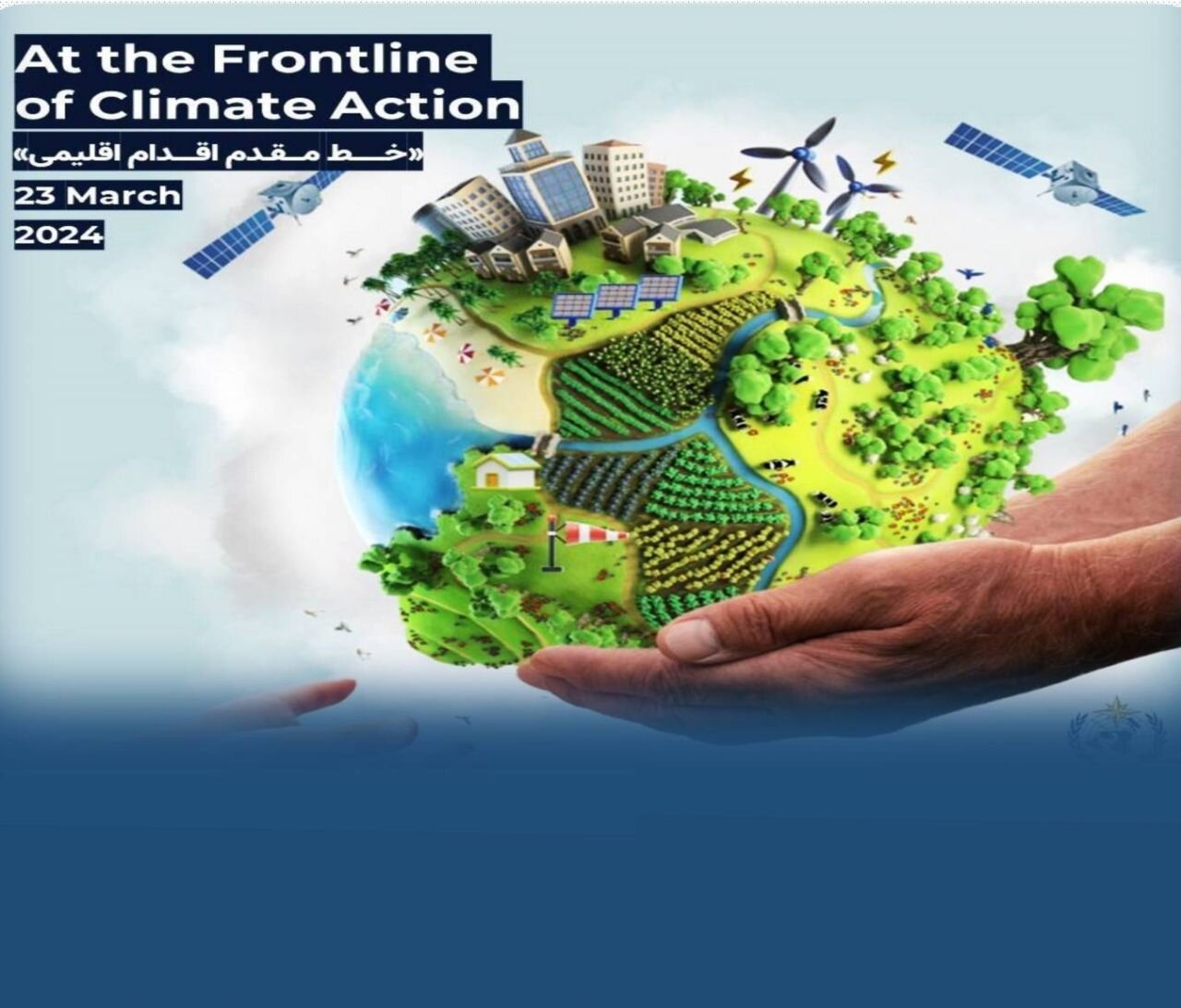Climate change is undeniable threat to entire civilization

TEHRAN –The phenomenon of climate change on the planet has caused extreme weather conditions posing a real and undeniable threat to the entire civilization.
The consequences of climate change will be even more detrimental unless actions are taken now.
Climate change has already had many harmful effects on our country. Due to the climate change, the air temperature has increased. Warmer temperature increases the rate of evaporation, a good example of which is the Caspian Sea's reduced volume of water.
On the other hand, there has been a noticeable decrease in the amount of snowfall in the country and a change in the pattern of precipitation from snow to rain can be seen. But the total amount of rainfall has decreased as well.
According to World Health Organization, climate change is impacting health in a myriad of ways, including by leading to death and illness from increasingly frequent extreme weather events, such as heatwaves, storms, and floods, the disruption of food systems, increases in food-, water- and vector-borne diseases, and mental health issues.
As an example, climate change and the floods that hit the southeastern neighboring country two years ago, have jeopardized the malaria eradication program and caused the cases of malaria infection to spike from less than 1,000 to around 10,000.
Neglecting climate change and the preservation of the environment have posed serious and emerging challenges for all countries of the world.
These challenges disrupt the balance of nature, threaten the life of biological species, increase poverty, and threaten food security and human health.
To raise awareness among the community of climate change and propose possible concrete actions to preserve the planet and guarantee a sustainable future for new generations, World Meteorological Day is observed all over the world, on March 23 every year.
This day also shows the contribution of the National Meteorological and Hydrological Service to the safety and well-being of the society, so many different activities and events are held on this day.
The World Meteorological Organization known as WMO is an international organization in the category of specialized organizations affiliated with the United Nations in the areas of climate, hydrology, applied climatology, and geophysical sciences, which was established on March 23, 1950, in Geneva, Switzerland.
According to the latest reports by 2023, the World Meteorological Organization has 193 members including 187 countries and 6 territories that provide their meteorological services.
One of the goals of the WMO is to facilitate global cooperation to create a network of stations to observe meteorology, hydrology, geophysics, and other related issues.
It aims to establish and maintain systems for the rapid exchange of meteorological and other related information, foster standardization of Meteorological observations, and ensure uniform publication of observations and statistics.
Promoting the application of meteorology to aviation, shipping, water issues, agriculture, and other human activities; fostering activities in operational hydrology and close cooperation between different meteorological and hydrological services; and encouraging research and training in meteorology and other related fields are among the other goals of WMO.
The organization chooses a theme every year to reflect topical weather, climate, or water-related issues. The theme of World Meteorological Day 2024 is “At the Frontline of Climate Action.”
If we do not take steps to find solutions to mitigate the effects, adapt ourselves to the consequences of this phenomenon, and observe environmental principles, in the future, more dangerous consequences will surely plague the world and make the conditions more unfavorable for humans, animal, and plant species.
Measures taken
Climate change with all its dimensions and consequences has caused serious challenges to life on the earth. One of the consequences of climate change, which has increased in intensity and occurrence, is the phenomenon of SDSs with severe harm to the world's biological and economic resources.
Holding the International Conference on Combating Sand and Dust Storms, in line with the implementation of United Nations General Assembly Resolution 77/171, in Tehran in September 2023 with the cooperation of the United Nations, is an example of the efforts of the Islamic Republic of Iran to draw the attention of the international communities to the importance of these shared challenges and the necessity to find shared solutions to cope with these challenges
The conference, with the assistance of multilateral financial organizations and the United Nations, and the affected countries tried to compile, review, and implement sub-regional, regional, and global action plans to deal with dust storms and follow up on the creation of a regional fund for the West Asia region and the establishment of a regional center along with a network of countries affected by dust storms to investigate and follow up effectively.
In this regard, consulting with a group of interested countries and seeking the cooperation and support of UNEP and specialized funds, programs and agencies affiliated with the United Nations, the Islamic Republic of Iran submitted a draft resolution to the current session of the UNEA to take another step for collective action and develop appropriate regional and international mechanisms to deal with dust storms as one of the important hazards threatening our world and future.
The 6th United Nations Environment Assembly (UNEA-6) has approved a resolution adopted at the international summit on dealing with sand and dust storms which was held in Tehran in September 2023.
The UNEA-6 was held from February 26 to March 1 at the United Nations Environment Program (UNEP) headquarters in Nairobi, Kenya. It is the world’s highest decision-making body on the environment.
Leave a Comment